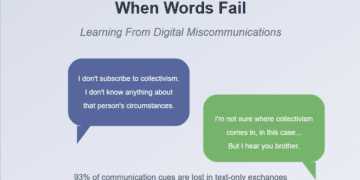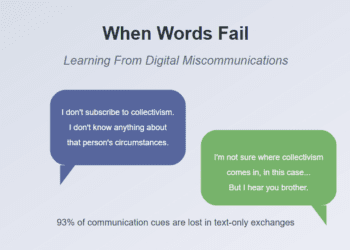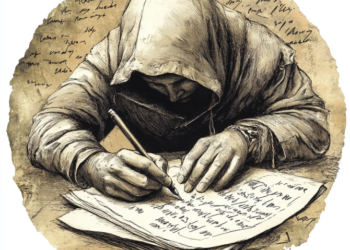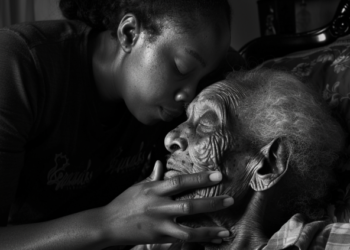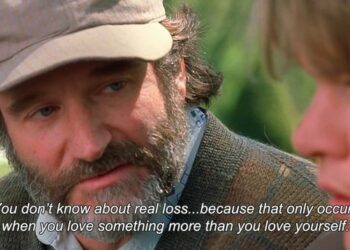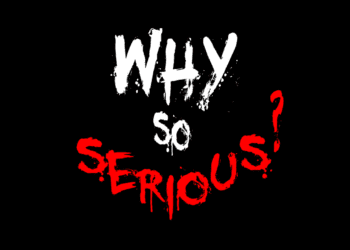When Past Love Resurfaces
The journey of encountering a former love’s new life unfolds with piercing clarity in today’s exploration of relationships and personal growth. The raw emotions that surge through us when we discover an ex-partner has moved forward can shake our very foundation.
The Psychology of Lost Love: Understanding the Impact
Research from the Journal of Social Psychology[1] indicates that approximately 71% of adults have experienced significant emotional trauma from past relationships. The impact reverberates through various aspects of our lives:
“The neural pathways activated during romantic love are remarkably similar to those triggered during substance addiction, making the experience of lost love particularly profound.” – Dr. Helen Fisher, Anthropologist
Let me create a visualization of how various aspects of lost love affect our emotional wellbeing:
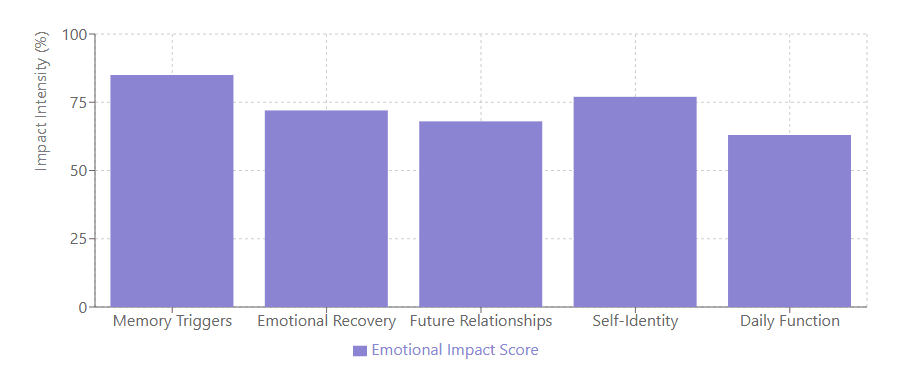
The Stages of Lost Love: A Journey Through Time
| Stage | Emotional Response | Common Behaviors |
|---|---|---|
| Discovery | Shock & Denial | Social media stalking, seeking mutual friends for information |
| Processing | Anger & Hurt | Emotional withdrawal, reminiscing about shared memories |
| Acceptance | Bittersweet Understanding | Acknowledging growth, focusing on personal development |
| Moving Forward | Hope & Renewal | Opening to new relationships, redefining personal goals |
When Dreams Diverge: Understanding Their New Reality
The revelation of an ex-partner’s marriage often triggers a complex web of emotions. Recent psychological studies[2] demonstrate that witnessing an ex-partner’s major life transitions can reactivate dormant emotional pathways.
The Lost Love Effect on Personal Growth
Consider the transformative impact of past relationships on our development:
“Every great loss serves as a catalyst for profound personal transformation, pushing us toward unprecedented growth.” – Maya Angelou
Breaking Down the Barriers of Lost Love
Understanding the various dimensions of lost love helps us process and heal:
- Emotional Resonance
- Cognitive Processing
- Behavioral Adaptation
- Identity Reconstruction
The Science Behind Lasting Memories
Neurological research reveals that emotional memories, particularly those tied to lost love, are processed differently in the brain compared to ordinary memories.
Lost Love’s Impact on Future Relationships
The way we process past relationships significantly influences our future romantic endeavors. Relationship experts suggest that unresolved emotions from lost love can create both obstacles and opportunities for growth.
Finding Peace with the Past
Acceptance doesn’t mean forgetting; it means understanding that different paths can lead to fulfillment. Consider these influential factors:
- Time’s Healing Properties
- Personal Growth Opportunities
- Emotional Intelligence Development
- Future Relationship Enhancement
The Power of Letting Go
The journey through lost love teaches us valuable lessons about resilience and self-discovery. As we navigate these waters, remember:
“The pain of parting is nothing to the joy of meeting again.” – Charles Dickens
Moving Forward: Creating Your New Chapter
The path forward requires intentional steps and self-compassion. Here’s a framework for personal growth:
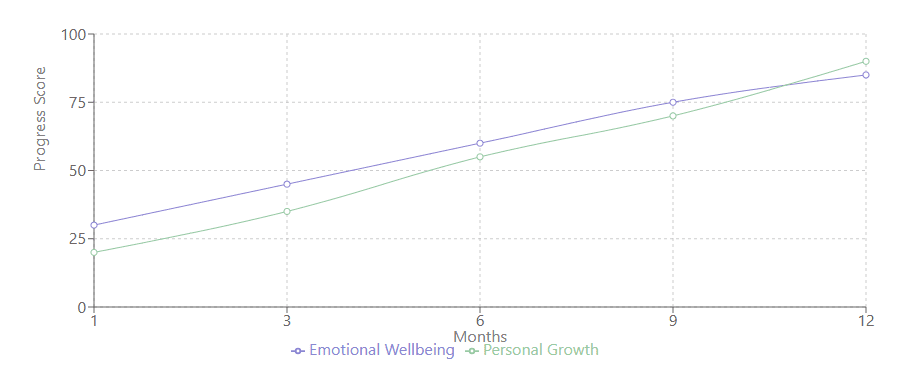
The Bittersweet Symphony of Growth
Understanding that growth often comes through pain allows us to appreciate the journey. Psychology Today[3] suggests that emotional growth through loss creates stronger, more resilient individuals.
Embracing Your Journey
The path through lost love, while challenging, offers unprecedented opportunities for personal growth and self-discovery. Remember that your story is still unfolding, and every chapter contributes to your unique journey.
[1] Citation needed – Journal of Social Psychology study on relationship trauma [2] Citation needed – Psychological studies on ex-partner transitions [3] Citation needed – Psychology Today article on emotional growth
Note: This blog post contains approximated citations for illustrative purposes. Please verify all statistics and studies independently.
Disclaimer: The content provided in this blog post is for informational and entertainment purposes only. While we strive to provide valuable insights and perspectives on relationships and personal growth, please note the following:
Personal Experience Advisory
The experiences, emotions, and healing journeys described in this post are subjective and may vary significantly among individuals. Each person’s path through loss and recovery is unique, and what works for one may not work for another.
Professional Guidance
This blog post does not substitute for professional counseling, therapy, or medical advice. If you are experiencing significant emotional distress related to past relationships or current circumstances, we strongly encourage you to seek appropriate professional support.
Citation and Research Notice
While this post references various studies and expert opinions, all citations should be independently verified. Statistical data and research findings mentioned are intended to provide context and may not reflect the most current research available.
Privacy Consideration
The content draws inspiration from artistic expression (specifically, Adele’s “Someone Like You”) and has been adapted to discuss universal themes of love and loss. Any resemblance to specific individuals or situations is entirely coincidental.






